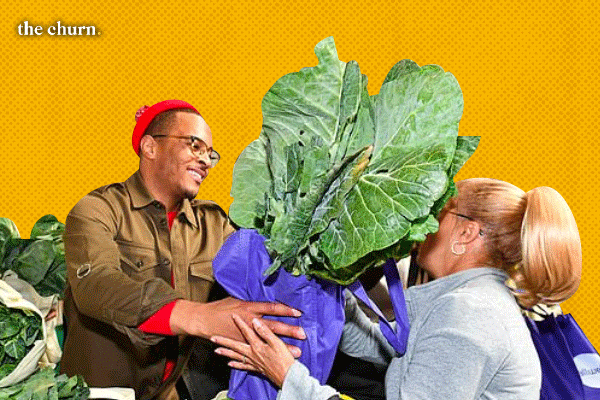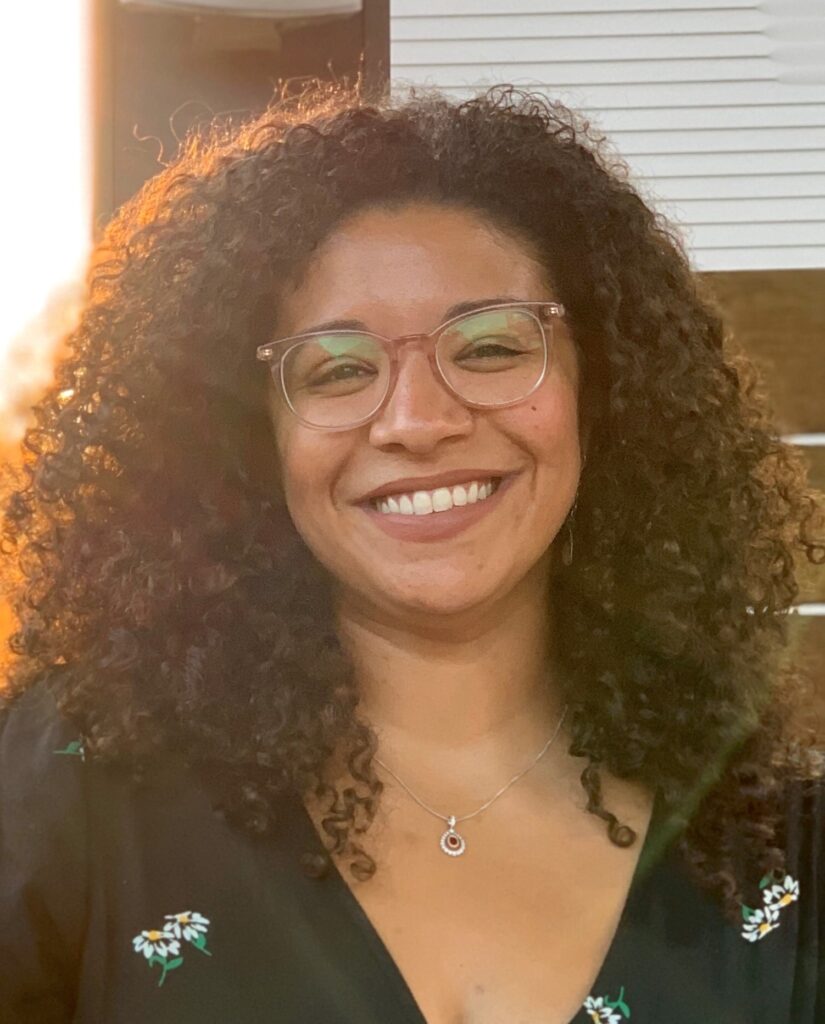The Churn
A #GivingTuesday Look at Hunger and Food Insecurity in Atlanta
Butter ATLDecember 1, 2020

About one in eight Georgians were food insecure — not sure if or from where they would get their next meal — in 2019. Now, well into the pandemic, thousands more are going hungry, and the need is only expected to increase with the coming cold months and growing case numbers.
Often when people are in need of food assistance, they turn to local organizations like churches, mosques, synagogues, schools, urban farms, food pantries, soup kitchens, and weekend backpack programs. Many such organizations in Atlanta rely on their local communities, often through donations, as well as the Atlanta Community Food Bank.
In normal times, the Food Bank distributes nine million pounds of food over the course of three months to 700 partner agencies across Georgia. Last month alone they distributed 12 million pounds.
I study these organizations across the Atlanta area and what they do to help people struggling with food insecurity and hunger. These organizations are diverse in type and in how they help individuals, but they now face an increase in demand for food and challenges that involve meeting that need during a pandemic.
Allyson Dozier is director of Berean Outreach Ministry in west Atlanta. She and her team serve hundreds of families weekly, currently in an outdoor drive-through.
“We are seeing people [come back to use the pantry] who we hadn’t seen for over a year because they got stable,” she shared.
For individuals who have lost their jobs in Atlanta’s service-industry heavy economy, the pandemic is now moving into its eighth month of impact, and there’s little relief in sight.
“It’s not really a sting anymore,” Ms. Dozier noted.“It’s a big bite.”
Food insecurity is frequently accompanied by other hardships, like unemployment, reduced wages or underemployment, eviction, sustained homelessness, and illness. When the budget is tight, people commonly put money towards other bills, such as rent or car notes, versus food costs.
In other words, food costs can become secondary when eviction or repossession is a risk.
Researchers predict increases in the food insecurity rate using its correlation with poverty and unemployment statutes — both of which have increased since the start of the pandemic. Across nine metro Atlanta counties, it is estimated that food insecurity rates are up 40 percent since 2018, with a significant impact on Black and Brown Atlantans, children, and vulnerable senior citizens.
Nearly one in four metro-Atlanta children are food-insecure right now.
COVID has also made difficult many efforts of local organizations to serve people, due to the virus’ impact on safety precautions. Sharon Foster, executive director at the Lilburn Co-op, shared that they lost 70 percent of their volunteers at the pandemic’s beginning because so many of their team were older, immunocompromised seniors.
“We’re working with a skeleton crew and it’s hard work,” she shared.
The pandemic further complicates efforts to meet food needs because many of the individuals and families struggling now are experiencing hunger for the first time. Melody Fortin, director of the food pantry at North Fulton Community Charities, says she’s seen an increasing number of new people coming in, many of whom have never visited or needed a food pantry before.
“It’s a hard choice to come into a charity and say ‘I need help,’” Fortin says, “but people really need it.”
Today, there is no single universal solution to meet everyone’s food needs or increase food access; it’s a patchwork response. Local organizations serve a few days worth of food to beneficiaries, the state of Georgia offers qualifying individuals and families limited SNAP (food stamp) benefits, and many schools provide breakfast and lunches to food insecure students.
But even taken together, current efforts do not add up to a lasting and comprehensive solution.
Long-term policy changes and increased advocacy at the local level are needed to address food insecurity and access. Doing so will require multiple creative, and costly, endeavors, like increasing access to SNAP, opening affordable grocery stores in food deserts, and expanding school breakfast and lunch programming.
Local organizations are always looking for support, and financial donations are not just in high demand — they are often the safest way to give right now. Money often goes much further than other donations. “We’re able to purchase at least four times the amount of food than some might at the local grocery store,” highlighted Ms. Dozier.
The challenges to curb food insecurity in the long-run should not be a deterrent. Atlantans can work to meet the need and reduce instances of hunger in the Atlanta area right now.

If you are experiencing hunger or food insecurity, please reach out for help. Check out the FoodFinder app or the Atlanta Community Food bank website to locate a food pantry or soup kitchen near you. Be sure to check their service areas and required documents (like your ID or a utility bill) to be served. If you have children, double check with their school that you are fully taking advantage of food resources, like pick-up meals.

